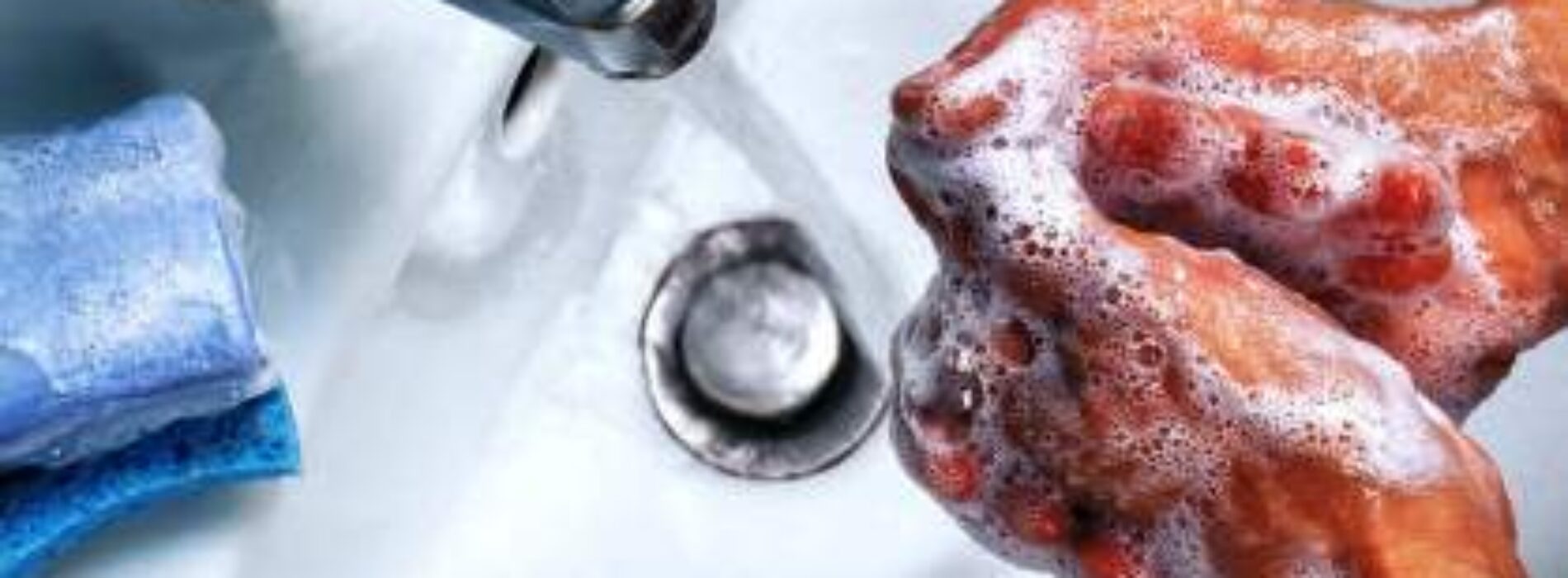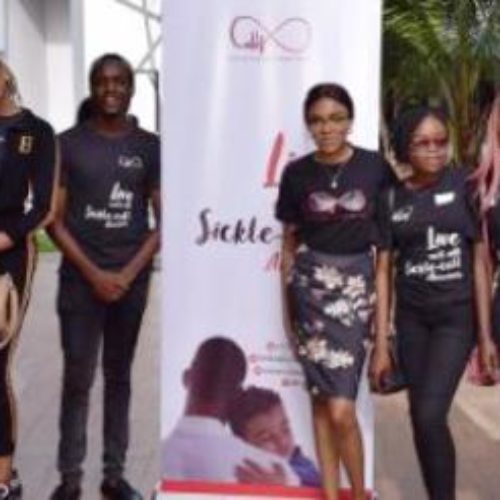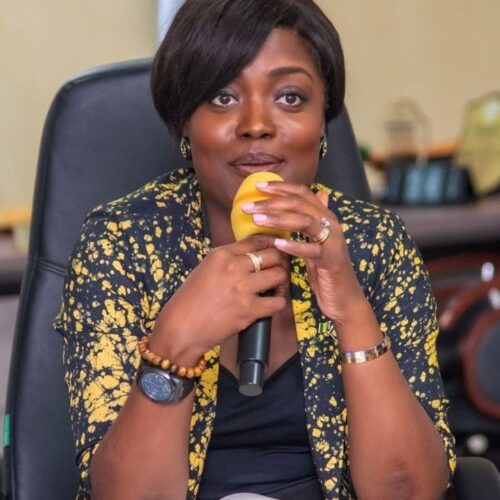Global Handwashing Day: 3 in 5 Nigerians lack basic facilities at home – UNICEF
Although handwashing with soap is critical in the fight against infectious diseases, including COVID-19, only 16 per cent of Nigerians have access to basic handwashing facilities at home – leaving families and communities at risk of many infectious diseases, with children particularly vulnerable.
Globally, around 3 in 10 people – or 2.3 billion – do not have handwashing facilities with water and soap available at home. The situation is worst in the least developed countries, with over 6 in 10 people without access to basic hand hygiene, UNICEF warned on Global Handwashing Day.
“Global response efforts to the COVID-19 pandemic have created an unprecedented time for hand hygiene. Yet progress remains far too slow for the most vulnerable, underserved communities,” said UNICEF WASH Director Kelly Ann Naylor.
“Hand hygiene cannot be viewed as a temporary provision to manage COVID-19. Further long-term investment in water, sanitation and hygiene can help prevent the next health crisis from coming. It also means fewer people falling ill with respiratory infections, fewer children dying from diarrheal diseases, and more pregnant mothers and newborns protected from preventable conditions like sepsis.”
The latest data show that some progress has been achieved since 2015. For example, the global population with access to basic hand hygiene at home has increased from 5 billion to 5.5 billion, or from 67 per cent to 71 per cent. However, if current trends persist, 1.9 billion people will still not have access to basic hand hygiene by the end of the decade.
In Nigeria, 21 per cent of Nigerians had access to basic handwashing facilities at home in 2018, compared to 16 per cent in 2019, indicating a worrying downward trend.
According to the latest estimates:
- Globally, 3 in 10 people – or 2.3 billion – do not have access to basic handwashing facilities with water and soap at home, including 670 million people without any facility at all. In the least developed countries, more than 6 in 10 people lack basic hand hygiene facilities at home.
- 4 in 10 schools worldwide do not have basic hygiene services with water and soap, affecting 818 million students, of which 462 million attend schools with no facility at all. In Nigeria, 9 out of 10 schools have no place for children to wash their hands.
- 1 in 3 healthcare facilities worldwide does not have hand hygiene facilities at points of care where the patient, healthcare worker, and treatment involve contact with the patient. In Nigeria, this figure is 4 in 5 healthcare facilities
“The downward trend in access to hand hygiene services in Nigeria is very worrying,” said Rushnan Murtaza, Deputy Representative, UNICEF Nigeria.
“Handwashing with soap and water may seem like a simple act – but it is lifesaving. It protects us from many diseases, including cholera. We must work together to make handwashing not only possible, but a habit. This will have a hugely positive impact for the health and well-being of all Nigerians.”
About author
You might also like
Adamawa records 1,564 cases of cholera – Director
Dr. Amos Ujulu, Director of Disease Control Department (DCD), Adamawa State Primary Health Care Development Agency (ASPHCDA), says the state has recorded 1,564 cases of cholera this year. Ujulu disclosed
NGO launches comic book for young adults with sickle cell
By Rebecca Ejifoma A non-governmental organisation, Cells of a Generation (COAG), is set to unveil the Didi project, an educative comic book for young people living with the Sickle Cell
Rivers Shuts Down 6 Medical Facilities
Rivers State Government, in a move to protect public health, has shut down six medical facilities operating without authorization. The State Commissioner for Health, Dr. Adaeze Oreh, made this announcement






0 Comments
No Comments Yet!
You can be first to comment this post!